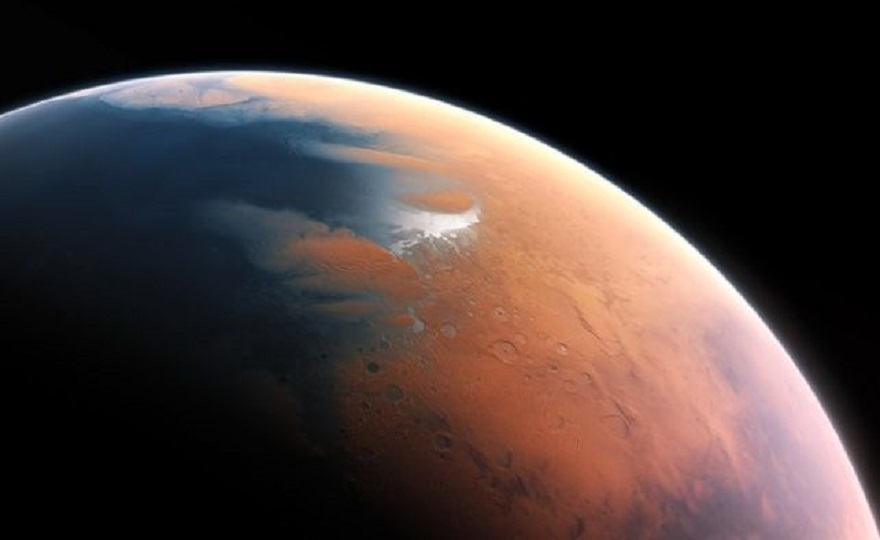Researcher Dirk Schulze-Makuch suggests that life might exist on Mars, but since our first attempt to detect it in 1976, we have been killing it with our experiments, and thus we see nothing.

The Viking Probes and Life on Mars
Numerous studies conducted by automated stations that landed on Mars over the past decades have indicated that there is no life in its soil. However, astrobiologist Dirk Schulze-Makuch disagrees with the widely accepted conclusions and believes that we ourselves are to blame for not finding it.
Despite the sensational nature of this claim, Schulze-Makuch is not intending to doubt the fact that the fourth planet from the Sun is a desert. He merely believes that microscopic life still exists in this desert. He began his contemplations with the first attempts to find life on Mars, which took place in 1976.
At that time, two Viking probes landed on the Red Planet. One of them attempted to detect organic compounds using a gas chromatograph-mass spectrometer, and it found organics in the form of chlorinated substances. The scientists then concluded that these substances were a result of contamination from earthly cleaning agents.
It is these very experiments that have led us to believe that there is currently no life on Mars. However, in reality, chloro-organics are commonplace on the Red Planet. Yet, there is no certainty among scientists about how they formed: whether with the involvement of living organisms or without them.
Further Research
However, Schulze-Makuch doesn’t stop at just the Viking experiments. He asserts that subsequent experiments aimed at determining the presence of life in Martian soil might also have resulted in its demise. The fact that these experiments were conducted using different methods doesn’t help the case at all.
All of these experiments were based on adding water to Martian soil and then attempting to detect complex organic compounds that form due to the activities of living organisms. This idea is entirely logical if we consider that on Earth, all life is tied to the presence of water.
However, Schulze-Makuch is convinced that if microscopic life still exists on Mars, it would have had to adapt to the conditions of a cold desert. Moreover, the amount of water added to the soil by the automated stations would be toxic to such life.
In this regard, he highlights an interesting feature of pyrolytic experiments conducted during one of the missions. During these experiments, a control sample to which no water was added showed much clearer signs of life than those on which the experiment was conducted.
Other researchers find the astrobiologist’s conclusions too doubtful. However, he has been advocating his views since 2007 and doesn’t intend to give up. Schulze-Makuch suggests that in future missions, research should be conducted without the use of water.
Source: www.sciencealert.com.

